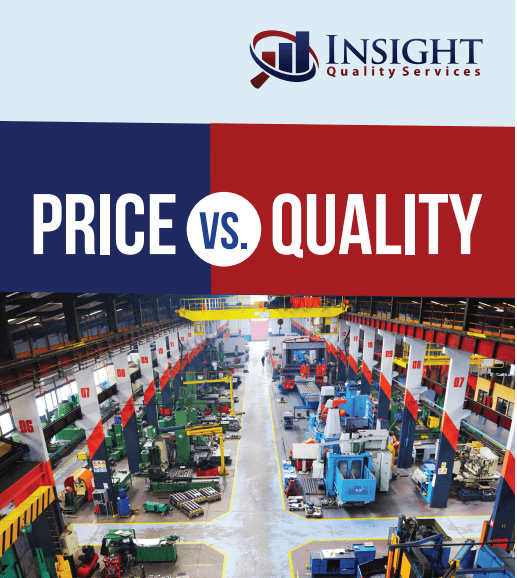Good manufacturing practices (GMP) are the practices required in order to conform to guidelines recommended by agencies that control authorization and licensing for manufacture and sale of food, drug products, and active pharmaceutical products (typically). These guidelines provide minimum requirements that a product must meet to assure that it is of high quality and do not pose any risk to the consumer or public. Here, we’ll cover five key lessons in GMP applicable to any consumer product.
- Clearly defined manufacturing processes
GMP covers all aspects of production from the starting materials, premises and equipment to the training and personal hygiene of staff. Detailed, written procedures are essential for each process that could affect the quality of the finished product. There must be systems to provide documented proof that correct procedures are consistently followed at each step in the manufacturing process – every time a product is made.
- Training to ensure that operators are properly performing
GMP compliance is widely accepted as the best way to conduct business, putting product quality first. Courses combine a convenient format with an effective, interactive learning experience to maximize and customize your professional development. In order to ensure that operators are performing their tasks optimally, proper training is required.
- A process to handle customer complaints
It’s important to have a set process in place for handling customer complaints in an orderly and composed fashion. This type of process can act as a “warning system” that there may be an issue with a product in terms of design, materials, etc. This will help you remain aware of any issues at hand and effectively communicate them to customers who’d be affected by the mistakes.
- Maintaining accurate and complete records of manufacture
This is essential for ensuring traceability in the case of any issues, recalls, or necessary reworking of products. Your records should always be detailed and accurate. In any industry, and especially in manufacturing, it’s crucial to cross your t’s and dot your i’s. So, make sure to maintain your records.
- Detecting and investigating product quality deviations
This is only possible if manufacturers monitor their production and conduct inspections that document the findings. Then, they review this in order to identify any deviations. When product quality is thoroughly investigated, it’s clear whether or not a product meets its requirements. This also helps to guarantee that the customer will be satisfied.
These 5 key lessons in GMP applicable to any consumer product are both important and necessary. Now that you better understand what it entails, your manufacturing process will surely be improved. Not to mention, the quality of your products will be enhanced and definitely noticed.
Need a little more help with management within your company? Download our free eBook and explore successful management styles and tips!
Price vs. Quality: Your Free Guide
Importing goods from overseas makes sense for many importers due to the low costs of production. However, this doesn’t matter much if you receive low-quality goods that you can’t sell to your customers. It is essential to take all the necessary steps to balance price and quality. Our free Price vs. Quality Guide gives deeper insight into how to navigate these waters.





0 Comments